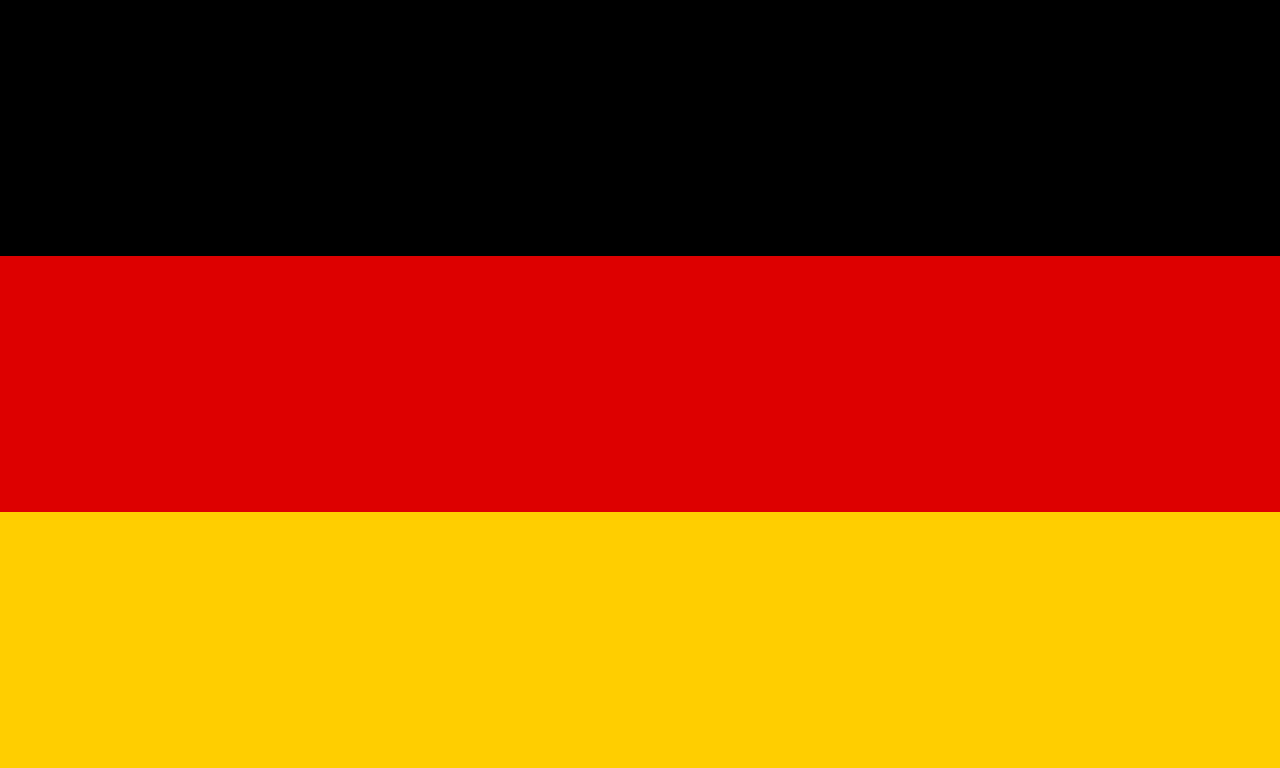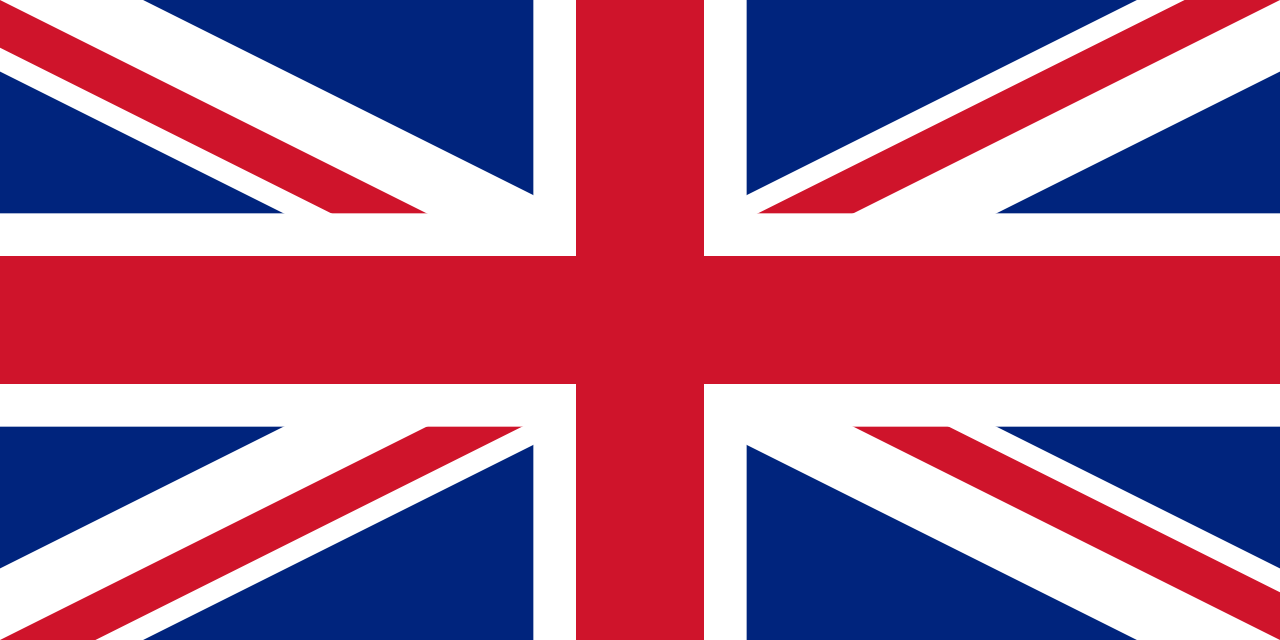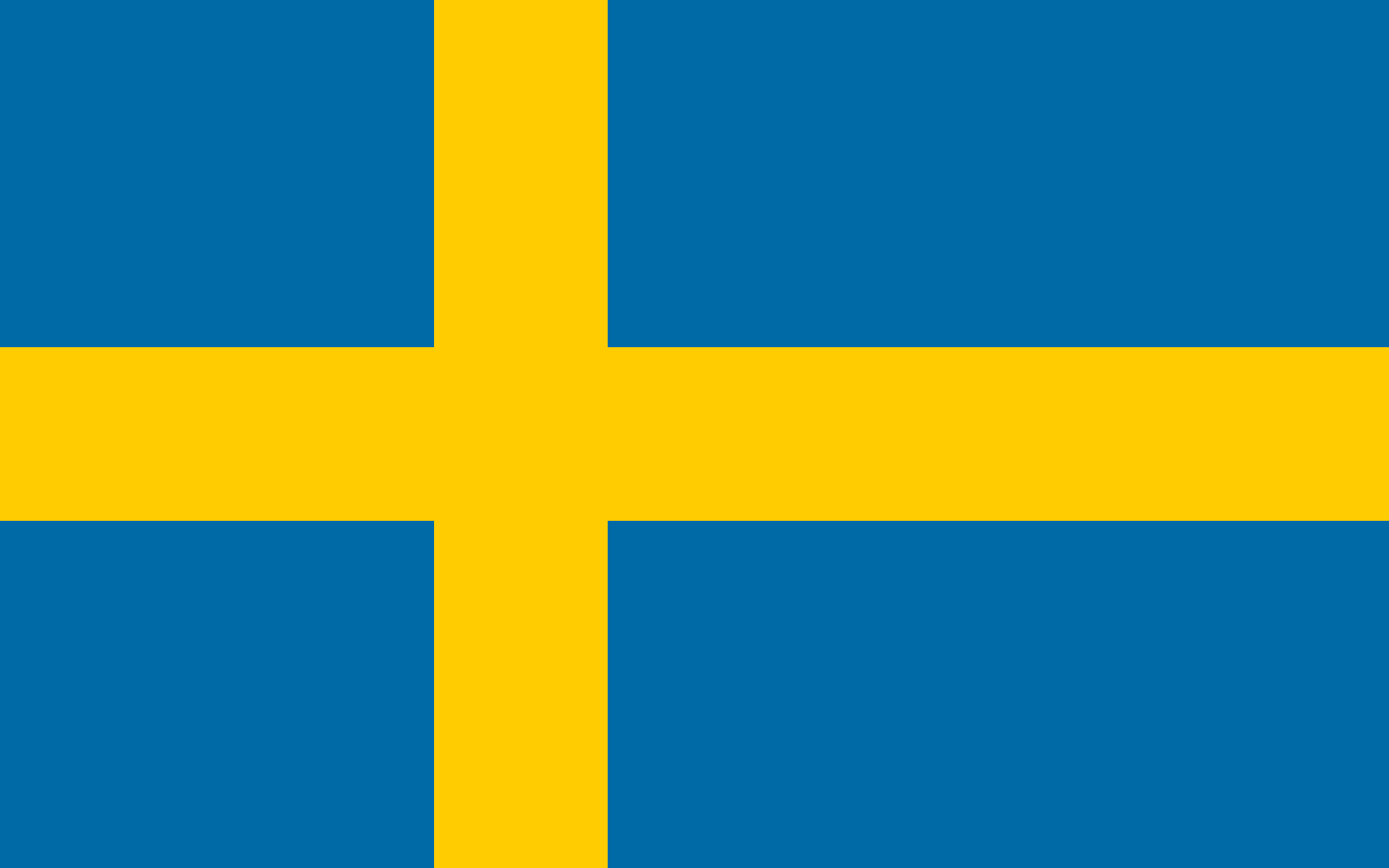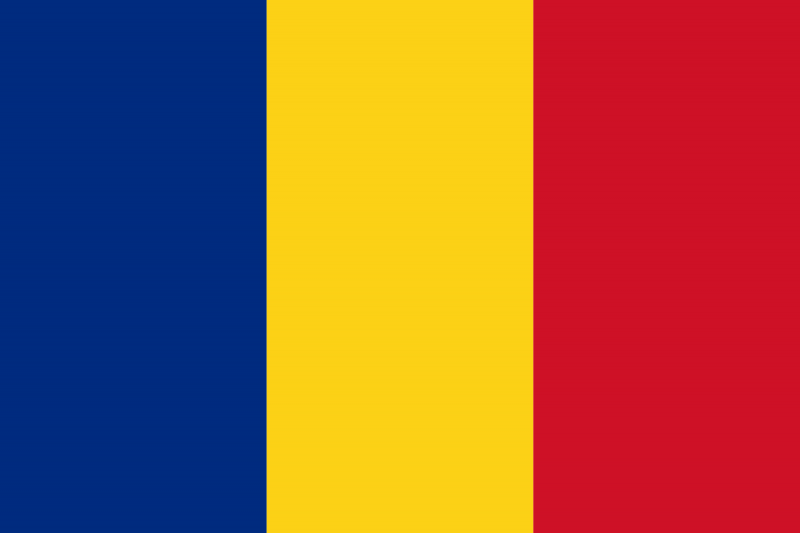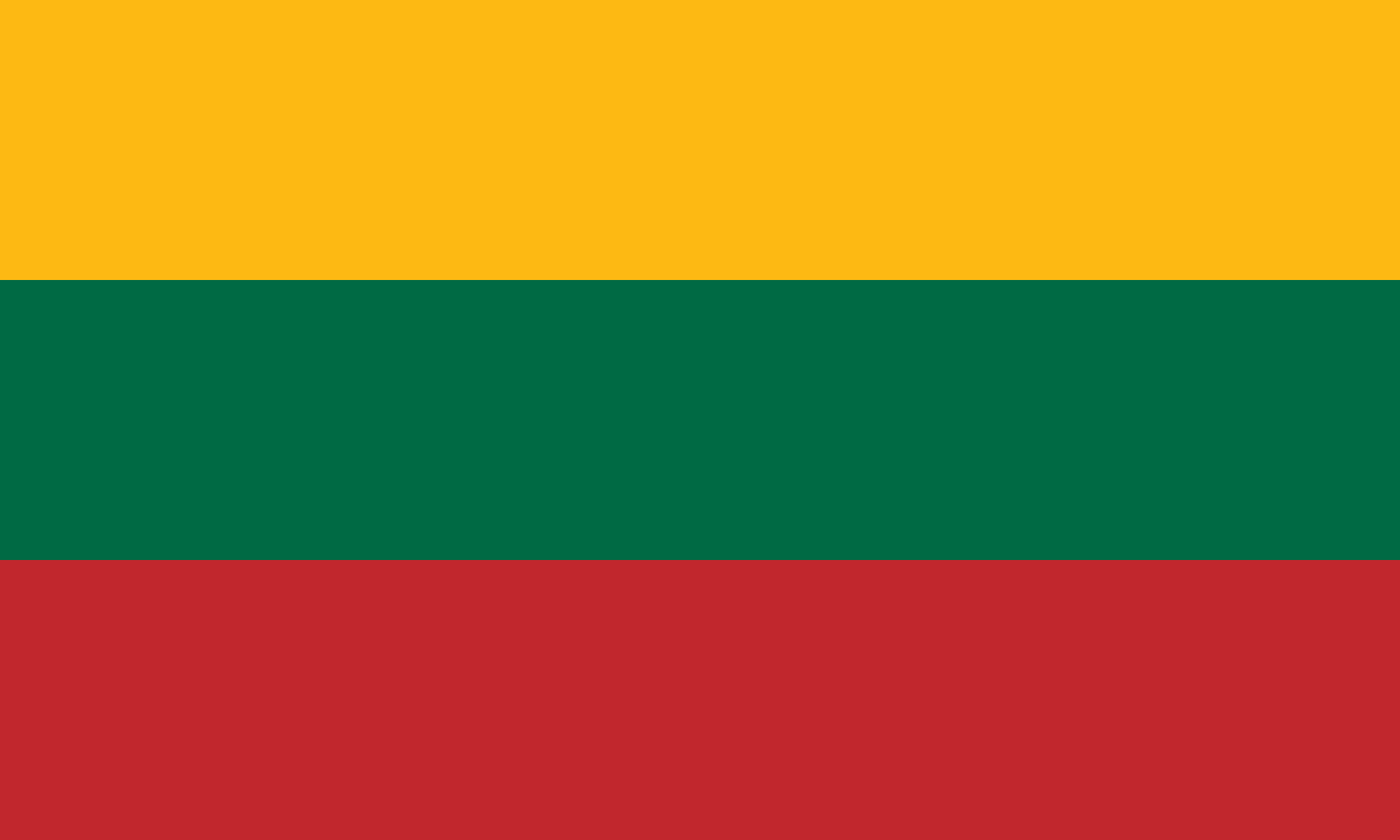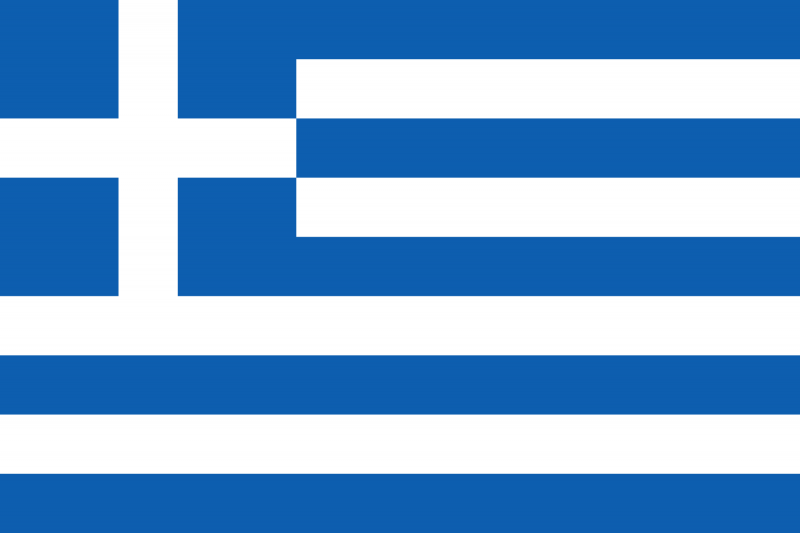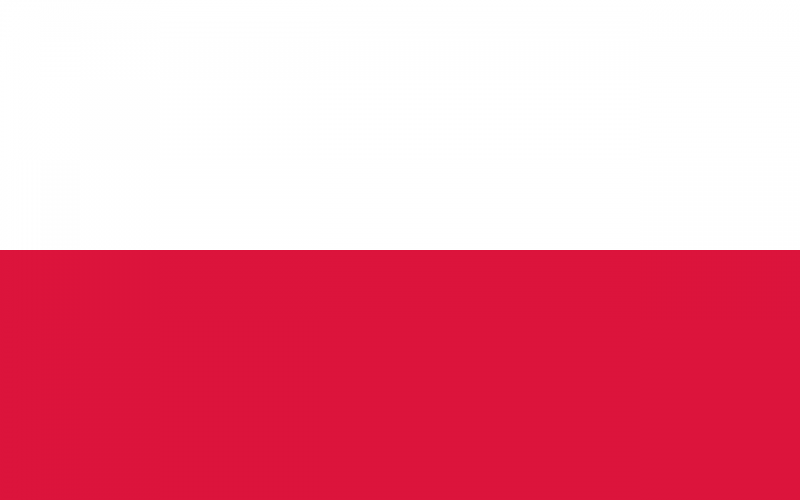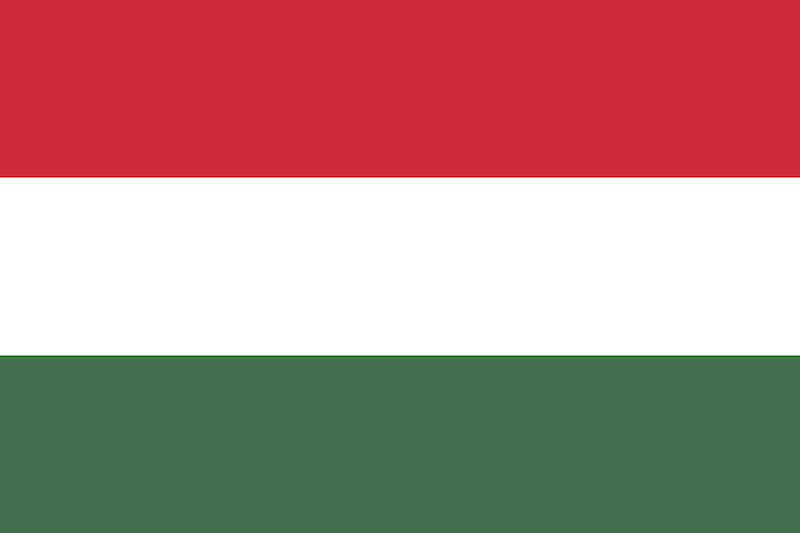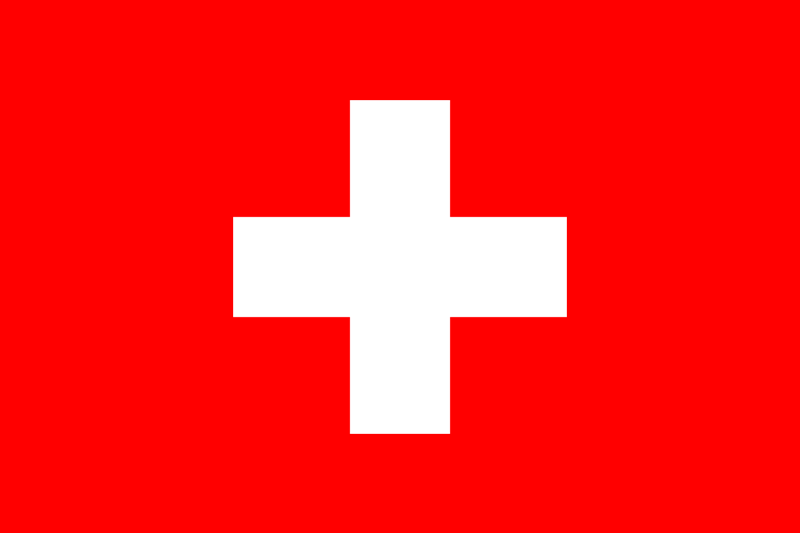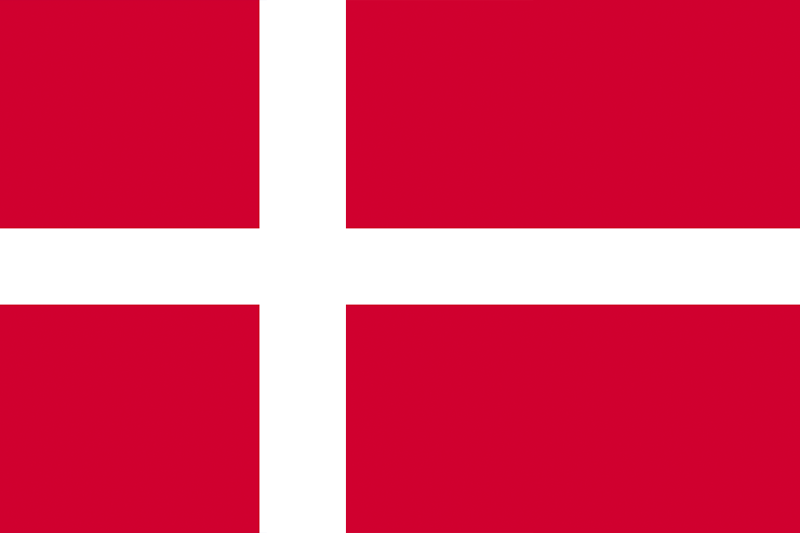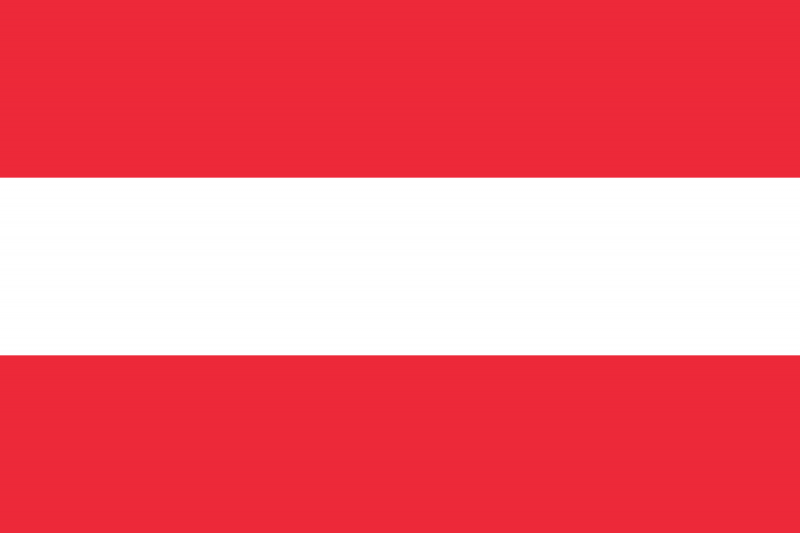 Autriche
AutricheThe Austrian danger of a self-fulfilling prophecy of political and religious radicalization
By Andreas Lang, within a partnership with the Association of the European Affairs Master at Sciences Po.
Austrian political life offers a study in contrasts. The country is one of the most globalised in the world, coming in fourth in the KOF Index of Globalization.[1] At the same time, the Freedom Party Austria (FPÖ) has been one of Europe’s strongest far-right forces for the last three decades. The FPÖ emerged as a formidable force under the leadership of the charismatic Jörg Haider. From 1986 onwards, he infused the party with a mix of anti-Semitism, xenophobia and attacks on corruption. In the 1990s the FPÖ moved even further to the right by embracing Euroscepticism and anti-immigration rhetoric.[2] Its consistent electoral successes have made it one of the most important parties on the European far right.
The evolution of enemies – from Slavs to Muslims
Whereas in Germany far-right forces have drawn strengths from the refugee crisis, the FPÖ’s enduring success is not easily attributable to current concerns over Islamisation or refugees. The party increased its share of votes during the Haider era, when it reached reached a first peak of 26.9% in 1999. After an internecine party war and a short-lived challenge from another right-wing party, the FPÖ has regained voting shares over 20%, within striking distance of the mainstream conservatives and social democrats.[3]
The FPÖ’s ideological shifts are most apparent in the minorities that it has targeted over the years. The party has moved from warnings of a “Gastarbeiterwelle“ (wave of guest workers) in the 1960s and 1970s to demands of an “Ausländerstopp“ (stop to foreigners) towards polemics against “Islamisation“[4] The focus on new enemies coincided with Heinz-Christian Strache’s 2005 takeover of the Freedom Party. Subsequent electoral campaigns centered around the alleged incompatibility of Islam with Austrian society.
The change from Eastern to Muslim enemies has led to curious new positions, most remarkable among them vigorous support of Israel. The newfound sympathy is inspired by the example of Gianfranco Fini, leader of the Italian “post-fascists”, who in 2003 visited Israel to express his support.[5] In 2010, Heinz-Christian Strache visited Israel together with senior figures from other far-right parties – Belgian Vlaams Belang, Germany’s Die Freiheit, and the Sweden Democrats. All of them had previously mixed Islamophobic statements with pro-Israel solidarity.[6] The trip resulted in the “Jerusalem Declaration”, which warns that “humanity sees itself exposed to a new global totalitarian threat: fundamentalist Islam.” Against this new foe, it pledges support for Israel.[7] The new alliance is remarkable given a potent strain of anti-Semitism within the party. This old demon came to light last year when Susanne Winter, an MP for the FPÖ, was forced to resign after approving an anti-Semitic Facebook post.[8] Another unlikely consequence of the new Muslim enemy is an outreach to some minorities. Heinz-Christian Strache has campaigned among the Serbian minority in Austria, whom he has commended for their “common history and tradition”.[9] Thus the children of the guest workers who were the targets of previous FPÖ campaigns now appear as allies against the Muslim enemy.
The connection between far-right targeting of Islam on Muslim radicalisation is currently unclear. Even though the FPÖ’s warnings of a religious war are greatly exaggerated, Islamism does exist in Austria. Radical groups, Salafists prominent among them, actively recruit around the country. According to government statistics, 250 Austrian citizens have travelled to Syria to fight for jihadist groups.[10]
More surprisingly, the radicalization commence much earlier. The Minister for Foreign Affairs and Integration recently cited a study carried out by Ednan Aslan for the University of Vienna that found 150 Islamic kindergartens to promote “parallel societies”.[11] Several radical preachers have been arrested in the last years, for instance the jihadist recruiter Ebu Tjema in 2014[12]. It remains to be seen whether radicalisation proceeds, and how it will affect the FPÖ’s electoral fortunes.
Europanisation and the Eurasian connection
The Jerusalem declaration demonstrates how the spectre of Islam has created a pan-European imaginary on the far right. The German protest movement Pegida – “Patriotic Europeans against the Islamisation of the Occident” perfectly sums up this new ideology. It is a paradoxical Europeanisation of the European far right, which remains staunchly anti-EU. In line with the new European focus, the FPÖ has organised several notable gatherings of European far-right wing forces. The annual Viennese Akademikerball (previously WKR-Ball) is the most important among them, as it brings together the extreme Austrian right and its European counterparts. Foreign participants have included Marine Le Pen of the FN as well as representatives of the Sweden Democrats, the German neo-nazi party NPD[13] and more recently Pegida.[14] A common enemy is a great unifier.
The idea of a Christian Occident embattled by Islam overlaps with the Eurasianism promoted by Russia. A notable encounter took place in Vienna in 2014, when Heinz-Christian Strache convened a meeting with Marion-Maréchal Le Pen, Eurasianist intellectual Alexander Dugin and Wolen Siderow, noted anti-Semit and party leader of Ataka – a party whose supporters have vowed to “turn gypsies into soap”[15]. Two high-ranking FPÖ representatives also monitored the controversial Crimea referendum and gave it a positive verdict.[16]
Conclusion
The Freedom Party has long been at the forefront of the European far right. It has also undergone a similar transformation to other far right European parties: Instead of old-fashioned xenophobia, it conjures up images of an Occident under threat from Islam. It has been an undeniably effective electoral strategy, although the paradoxes of anti-Semitic roots and pro-Israel sentiment remain. The Europeanisation of this narrative has also allowed far right parties to form alliances that transcend previous national rivalries. The FPÖ has been a driving force behind this far-right internationalism, and thematic overlap with Eurasianism may allow for closer cooperation with Russia. In sum, the last decade has seen a remarkable ideological reorientation and the emergence of a pan-European far right united by animosity towards Islam. With each new terror attack, the danger increases that public resentment and Islamist radicalisation turn the agitation of the far right into a self-fulfilling prophecy.
Sources:
[1] KOF Index of Globalization (2016): The Kof globalization Index 2016: Netherlands Beat Ireland And Belgium, on www.globalization.kof.ethz.ch.
[2] McGann; Kitschelt (2005): The Radical Right In The Alps: Evolution Of Support For The Swiss SVP And Austrian FPO, Party Politics 11, no. 2, pp. 151-152
[3] Aichholzer, Julian et al. (2013): How Has Radical Right Support Transformed Established Political Conflicts? The Case Of Austria, West European Politics 37, no. 1, pp. 116-117.
[4] Klammer, Carina (2013): Imaginationen Des Untergangs, Wien: LIT, p. 17.
[5] Shroufi, O. (2015): The Gates Of Jerusalem: European Revisionism And The Populist Radical Right, Race & Class 57, no. 2, p. 25.
[6] Ibid, pp. 25-26.
[7] Die Presse (2010): ‘Jerusalemer Erklärung’ Gegen Islamismus Im Wortlaut, on: www.diepresse.com. Author’s translation.
[8] Stokowski, M. (2015): Judenhass Mit Zwinkersmiley, on www.taz.de.
[9] Neuhold, C. (2016): “Liebe Deine Serben”, Wiener Zeitung, on: www.wienerzeitung.at.
[10] Wetz, A.; Winroither, E. (2015): Wo Radikalisierung Auch In Österreich Passiert, on: www.diepresse.com.
[11] See the interview “Giessen Sie Öl ins Feuer Herr Kurz?” On: www.krone.at.
[12] Wirtschaftsblatt (2014): U-Häftling Ebu Tejma soll Hauptideologe des globalen Jihadismus, on: www.wirtschaftsblatt.at.
[13] ORF (2012): Über 20 Festnahmen, on: www.orf.at.
[14] Gasser, F. (2016): Die FPÖ Bittet Pegida Zum Tanz, on: www.zeit.de.
[15] Waterfield, Bruno (2007): Right wing activist becomes youngest MEP, on: www.telegraph.co.uk.
[16] Lackner, L.; Staudinger, M. (2014): Eurasier Unter Sich: Mit Wem Sich Heinz-Christian Strache In Wien Traf, on: www.profil.at.



